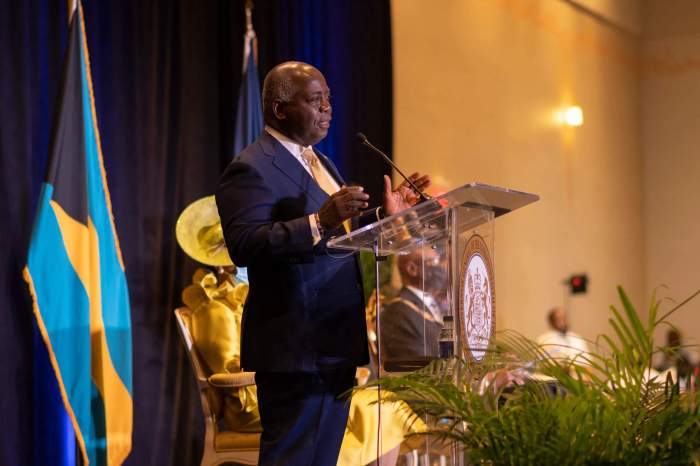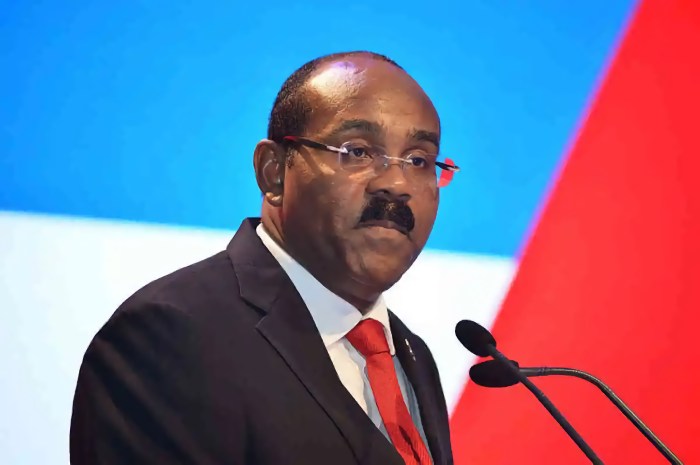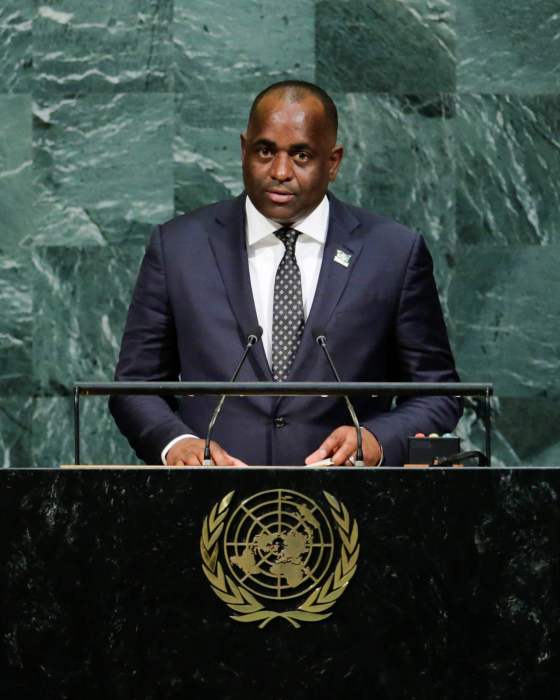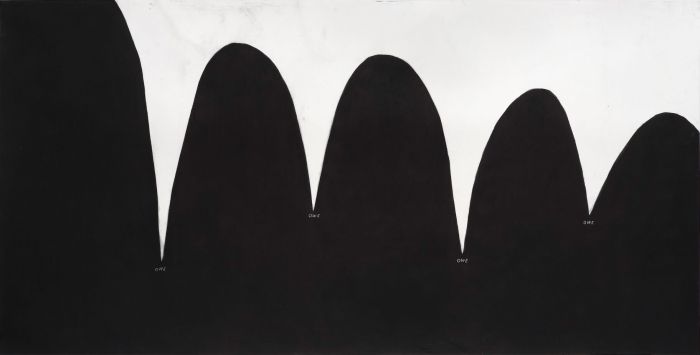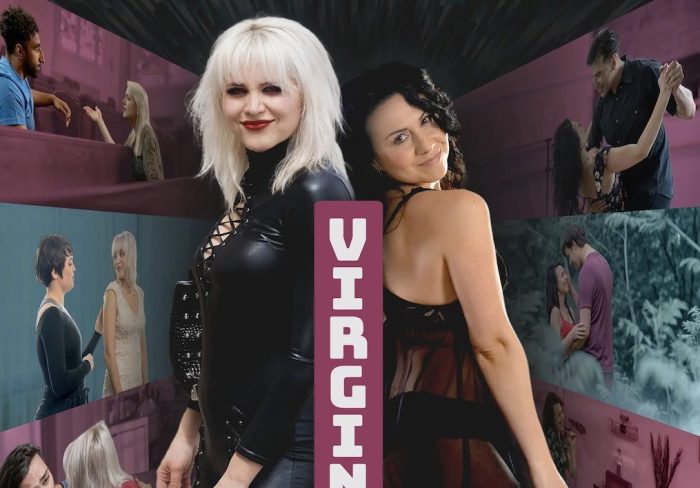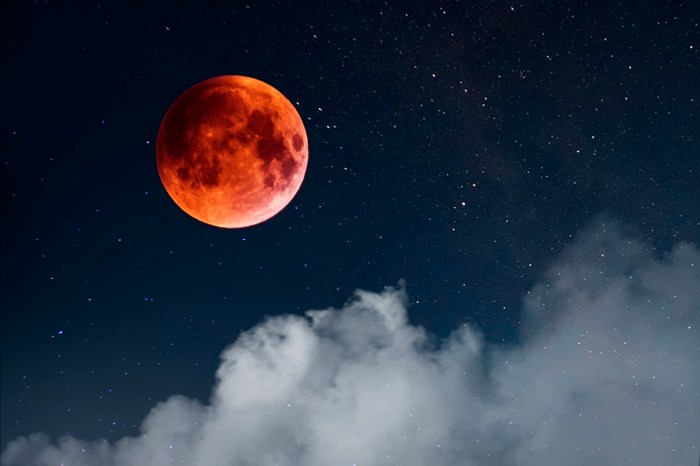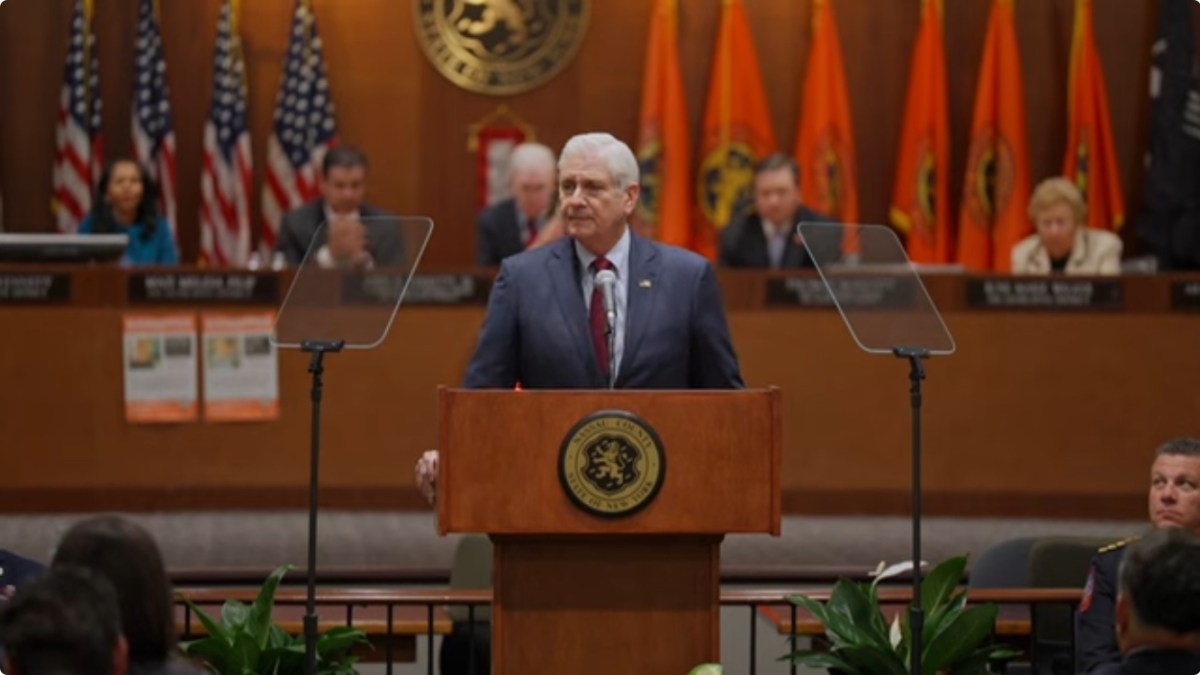Of the 15 nations in the Caribbean trade bloc, Barbados is certainly not the richest or most prosperous but has for decades widely held the title of being one of the most peaceful, tranquil and organized countries in the hemisphere.
Its per capita income normally tops $20,000. The major cruise lines call into local ports daily. Tiger Woods and Oprah Winfrey have held high profile visits to the island of about 300,000 people. Thousands of Canadians, Britons and other Europeans visit the island nation each year, many doing so for decades because they feel safe and comfortable in ‘Bimshire.’ Singing megastar Rihanna was born there and has done her part in promoting the island as a tourist paradise.
But a recent study that was launched to coincide with Barbados’ 50th Independence Anniversary a year ago, has thrown up some disquieting facts about Barbadian society, just months before locals vote in general elections, expected before next February.
Barbadians are now more worried about violent crime, including gun smuggling, drug trafficking, the emergence of gangs and drug “creeping into society” than like no other time than since independence from Britain in 1966.
So pervasive is the concern that authorities organized a public forum this week to address the situation. Attorney General Adriel Brathwaite said something had to be done and fast.
“I want to invite as many members of the public as possible. What worked in the past may not work now. We need to re-evaluate what works and canvass all ideas as the ordinary citizen may have ideas. The scholars and experts do not,” he told reporters this week.
The public forum announcement came just hours after police arrested a local with four guns. The stash included two high powered rifles, ammunition, body armor and money, developments older Barbadians say are strange to them. Authorities are baffled about what plans the suspect had for using the weapons and said they are just as interested in charging him as with finding out how the guns ended up on the island.
Another key aspect of the survey, done earlier this year showed similar disquiet among many Bajans about an apparent preference and leaning towards American cultural values and behaviors. Critics say this might well in part explain some of the growing gang and gun culture affecting the Caribbean’s most easterly island.
The study was done by professor Don Marshall, the director at the Sir Arthur Lewis Institute of Social and Economic Studies, of the University of the West Indies (UWI).
Crime and violence has already emerged as a key campaign issue for the opposition Barbados Labor Party which is expected to easily dethrone the Democratic Party as it is caught in the crosshairs of a tough economic austerity and structural adjustment program currently.
As an indication of how worrying the situation is, House Speaker Mike Carrington said government needs help in stemming the most recent wave of gun violence and deaths in some communities.
“We can’t pretend that there is this issue with crime and violence and say that it does not concern me, that it concerns the government. It does concern you. From where I am sitting, the problem goes beyond just someone taking up a gun or someone taking up a knife and resorting to violence. It is a reflection of what is going on in society,” he said during a campaign meeting.
Police have so far this year had to deal with 27 murders on the tourist paradise this year, 21 of which were related to the use of weapons.
In the meantime, Antiguan authorities are considering introducing a bill in parliament revoking naturalized citizenship to people convicted of crimes. Prime Minister Gaston Browne more than hinted that too many foreign born actors were participating in crime and the time had come to act.
“We will come back to this honorable house to put a provision in the law, in the citizenship act, that even if you are a naturalized citizen, and you commit certain heinous crimes, and you become a threat to national security, we will revoke it and out you go,” as he announced the recent deportation of two foreigners suspected of participation in gang violence. Four more suspects are also on the persona non grata list and will soon exit the island.


